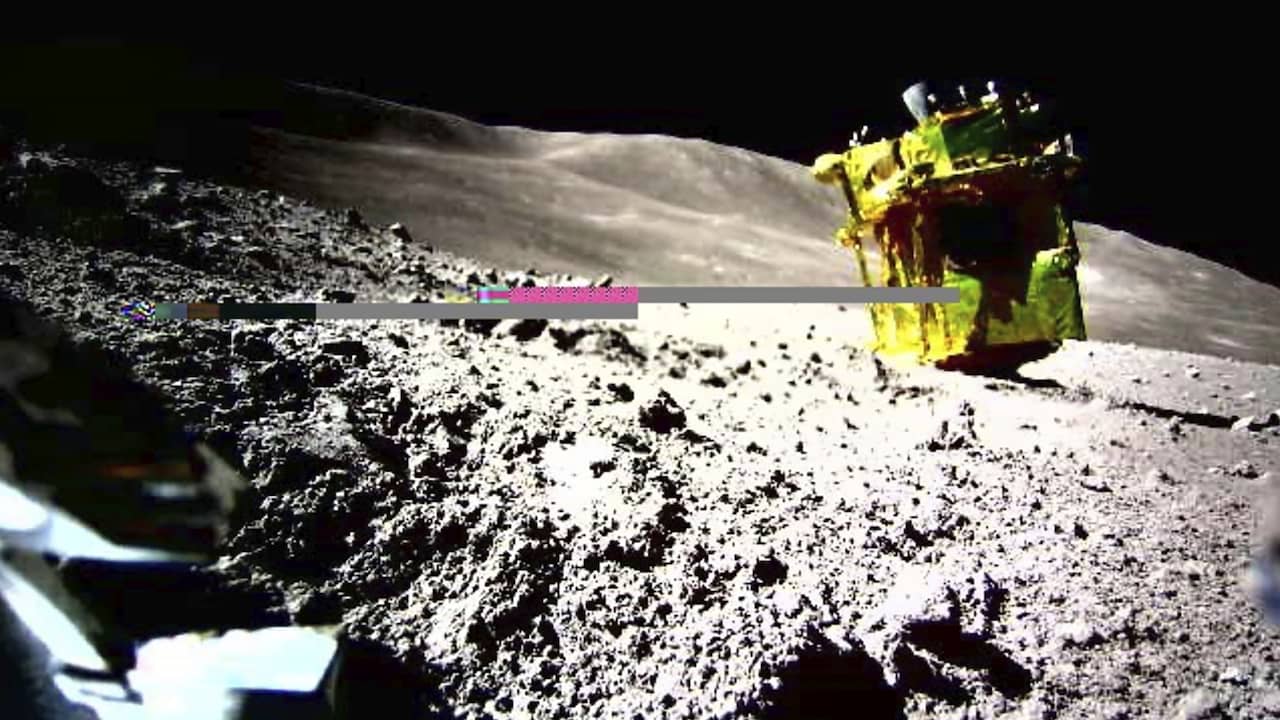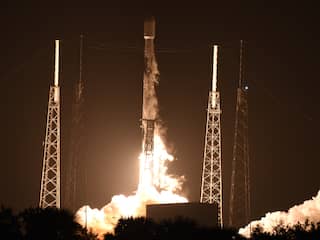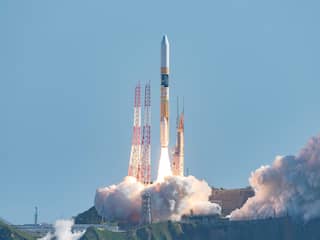Japan's lunar lander SLIM, which stands for Smart Lander for Investigating Moon, used its camera for four days to record the rock formation. More rocks were captured than researchers expected. In the moon mission, they relied on examining the material from a single rock.
“We hope that analyzing the rocks will give us more knowledge about the composition of the moon,” project leader Shinichiro Sakai told the news agency. AP. Researchers will do this by comparing materials found in moon rocks with materials found on Earth. They are looking to see if it is possible to find elements in moon rocks that are also found on Earth.
The results of this research could prove or disprove a possible theory about the origin of the Moon. According to this hypothesis, the moon was formed after a collision between the Earth and another planet.
The SLIM rover landed on the moon's surface on January 20 (Japan time). Initially, the lunar lander had problems because it was turned upside down, and the solar panels had difficulty capturing sunlight. But after eight days, the lunar lander generated enough power and was able to restore communication between the command center and the Moon.
The side of the Moon where the lunar lander is located is now back in the sun's shadow. This is according to a plan by the Japanese space agency JAXA, which expects temperatures to become so low that the lunar lander will collapse. But the Japan Aerospace Exploration Agency still hopes the lunar lander will survive and be back in operation when it returns to sunlight.
The lunar lander achieved the most important result by landing, although it did not go smoothly. The landing has generated a lot of knowledge about the technology that helps in carrying out precise landings on the moon's surface. This knowledge will be very useful for future lunar missions.










More Stories
GALA lacks a chapter on e-health
Weird beer can taste really good.
Planets contain much more water than previously thought